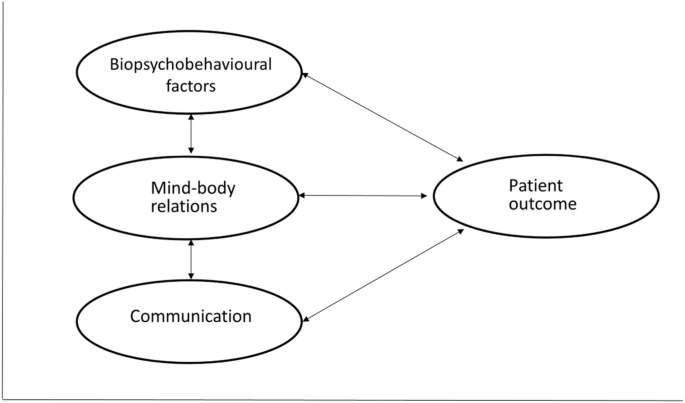Poor sleep fuels unwanted weight gain

Creating your sleep sanctuary
The path to better sleep starts in your bedroom. Sleep experts recommend transforming your sleeping space into a sanctuary that promotes rest. This means keeping temperatures between 60-67 degrees Fahrenheit, eliminating sources of light (including those tiny LED indicators on electronics), and choosing bedding that makes you feel comfortable and supported.
The evening routine revolution
Creating a consistent evening routine signals to your body that it’s time to wind down. Research shows that people who maintain regular sleep schedules, even on weekends, have better success managing their weight. This routine might include:
Taking a warm shower or bath about an hour before bed helps lower your core body temperature, promoting sleepiness. Light stretching or gentle yoga can release physical tension without energizing your body. Reading a physical book (not on a screen) helps transition your mind from daily stresses to relaxation.
Technology’s role in sleep disruption
The blue light emitted from phones, tablets, and computers disrupts your body’s natural sleep-wake cycle more than previously thought. New research reveals that even brief exposure to blue light can suppress melatonin production for hours, making it harder to fall asleep and maintain quality rest.
The caffeine connection
Your morning coffee might be affecting your sleep more than you realize. Caffeine can remain in your system for up to 12 hours, though its effects vary from person to person. Experts suggest cutting off caffeine intake by 2 PM to ensure it doesn’t interfere with your night’s rest.
Eating patterns that promote better sleep
The timing of your meals plays a crucial role in sleep quality. Eating too close to bedtime can lead to disrupted sleep as your body works to digest food instead of entering deep, restorative sleep phases. Nutritionists recommend finishing your last meal at least three hours before bedtime.
Exercise timing matters
While regular physical activity improves sleep quality, timing is crucial. High-intensity workouts too close to bedtime can leave you energized when you should be winding down. Morning or early afternoon exercise proves most beneficial for both sleep quality and weight management.
Stress management techniques
Chronic stress often leads to poor sleep, creating a cycle that promotes weight gain. Incorporating stress-reduction techniques into your daily routine can help break this cycle. Simple breathing exercises, meditation, or journaling before bed can help quiet an active mind.
The weekend sleep myth
Many people believe they can “catch up” on sleep during weekends, but this pattern might actually contribute to weight gain. Irregular sleep schedules confuse your body’s internal clock, making it harder to maintain consistent eating patterns and metabolism.
Success stories and real-world results
Sarah Martinez, a 34-year-old marketing executive, struggled with unexplained weight gain until she addressed her sleep habits. “I was getting by on 5-6 hours of sleep, thinking I was being productive,” she says. After prioritizing 8 hours of sleep nightly, she noticed changes within weeks – not just in her weight, but in her food choices and energy levels.
The future of sleep research
Ongoing studies continue to uncover new connections between sleep and weight management. Researchers are exploring how different sleep stages affect metabolism and investigating genetic factors that might influence individual sleep needs.
Making sustainable changes
Creating lasting change requires a realistic approach. Start with small adjustments to your sleep routine rather than attempting dramatic overnight changes. Even improving sleep by 30 minutes per night can begin to positively impact weight management efforts.
Long-term benefits beyond weight
Better sleep doesn’t just help with weight management – it improves overall health in numerous ways. From enhanced immune function to better emotional regulation, quality sleep represents one of the most powerful tools for overall wellness.
The bottom line
The connection between sleep and weight gain highlights a crucial truth: health improvements often come from unexpected places. While diet and exercise remain important, adequate sleep might be the missing piece in many weight management puzzles. By prioritizing rest, you’re not just fighting weight gain – you’re investing in your overall health and well-being.
As research continues to unveil the intricate relationships between sleep and metabolism, one thing becomes clear: quality sleep deserves a place alongside diet and exercise in any serious discussion of weight management. Making sleep a priority might just be the most powerful step you can take toward achieving your health goals.
Remember, sustainable weight management isn’t about quick fixes or extreme measures. It’s about understanding and working with your body’s natural rhythms and needs. Quality sleep provides the foundation upon which all other healthy habits can be built.
link






